Netherlands Institute Morocco
Education
In both the autumn and the spring semesters, full bachelor programmes worth 30 ECTS are offered. Besides these study programmes, NIMAR provides an honours track for bachelor students from various disciplinary backgrounds and contributes to study trips in Morocco.
The Study Programmes
Students interested in Morocco and the social or humanities disciplines can enrol in the English-taught minor Culture and Society in Morocco. This minor, offered in the autumn semester, provides training in ethnographic research and imparts knowledge about Morocco and North Africa.
The spring semester Linguistic and Cultural Diversity in Morocco has two possible tracks: Arabic Language and Culture and Modern Middle Eastern Studies. These English-taught tracks give students the chance to engage intensively with Moroccan languages and culture.
Although the spring semester does not have the formal status of a minor, it can likewise serve as a semester abroad and fill the elective space of various degree programmes. The two semesters are complementary: they can be followed back-to-back for additional depth in the region and languages.
Admission
All bachelor students in their second or third year with interest in learning Arabic languages, in the humanities or in the social sciences are welcome. The only requirement is enrolment at a Dutch university or university of applied sciences; Leiden University is not the sole option. Consult your programme’s study adviser about the possibility of studying at NIMAR.
About the Education
The education generally revolves around inquiry-based learning through research assignments. Students observe in the field and analyse their observations with theoretical insights. They learn to report orally, in writing and visually and to compare experiences. NIMAR encourages students to connect academic knowledge with social debates relevant to the region and the Netherlands, and to formulate well-grounded opinions.
Students are also encouraged to travel widely through Morocco’s various regions, and to gain practical experience in daily life.
Throughout all teaching, NIMAR stimulates students to collaborate with Moroccan peers and invites Moroccan guest lecturers and experts for classes and excursions.
Studying and Living in Rabat
Rabat offers a pleasant environment with cultural influences from Africa, the Middle East and Europe. Rabat is the capital and political centre of Morocco, and has a relatively calm atmosphere compared with more touristic cities such as Fez or Marrakesh. The medina and the Kasbah des Oudayas represent a traditional Moroccan city. Districts such as Agdal, originally laid out during the French Protectorate, and the more modern Hay Riad, with their trams, bars and luxury malls, show how Rabat builds on, yet simultaneously goes further than, its colonial heritage. The warm climate and seaside location make it ideal for water sports such as surfing or kayaking, which can be enjoyed year-round. Through its central location and good connections, Rabat is an ideal base from which to explore the rest of Morocco.
-
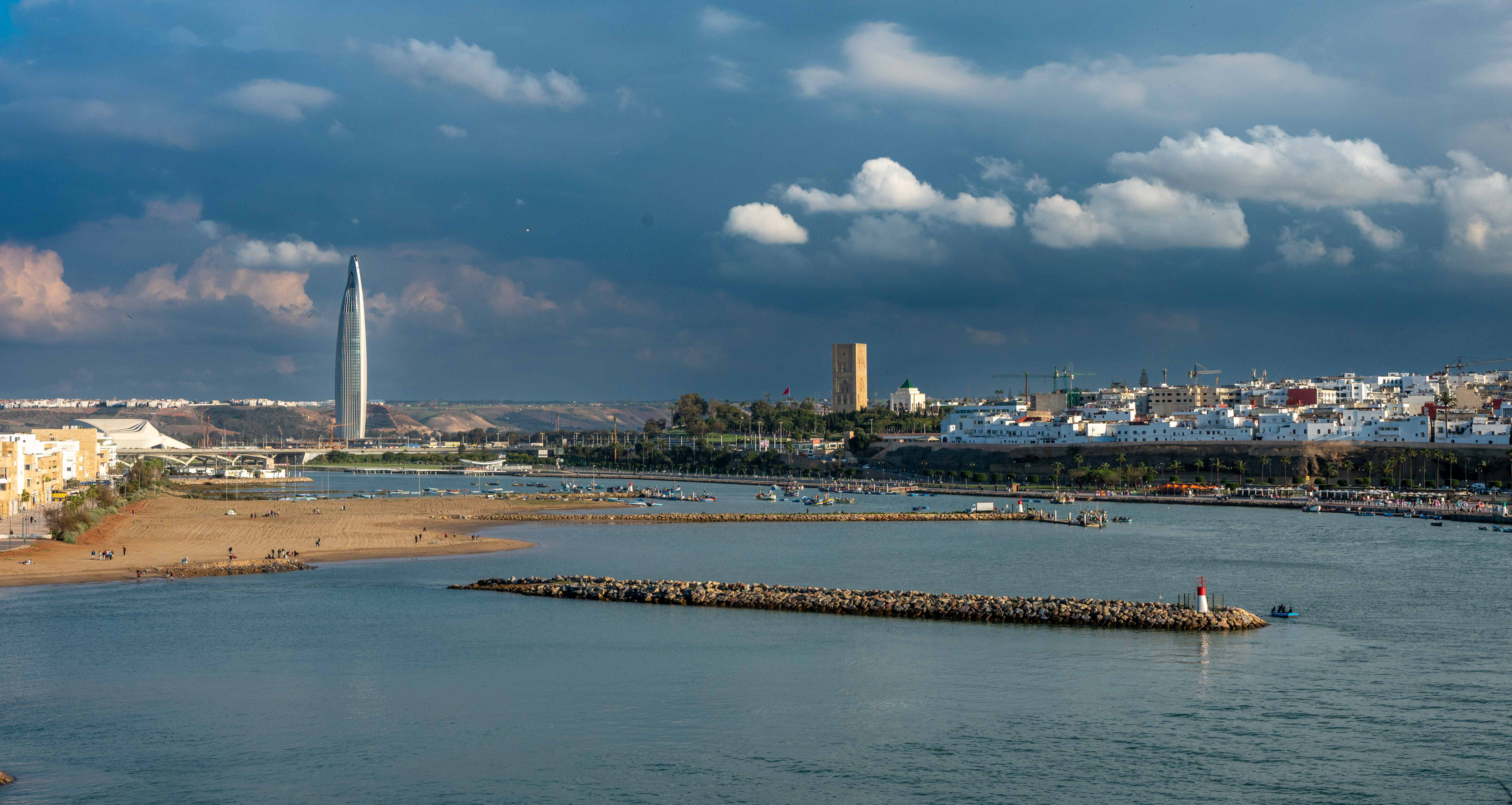
The Bouregreg, with on the right side Rabat -
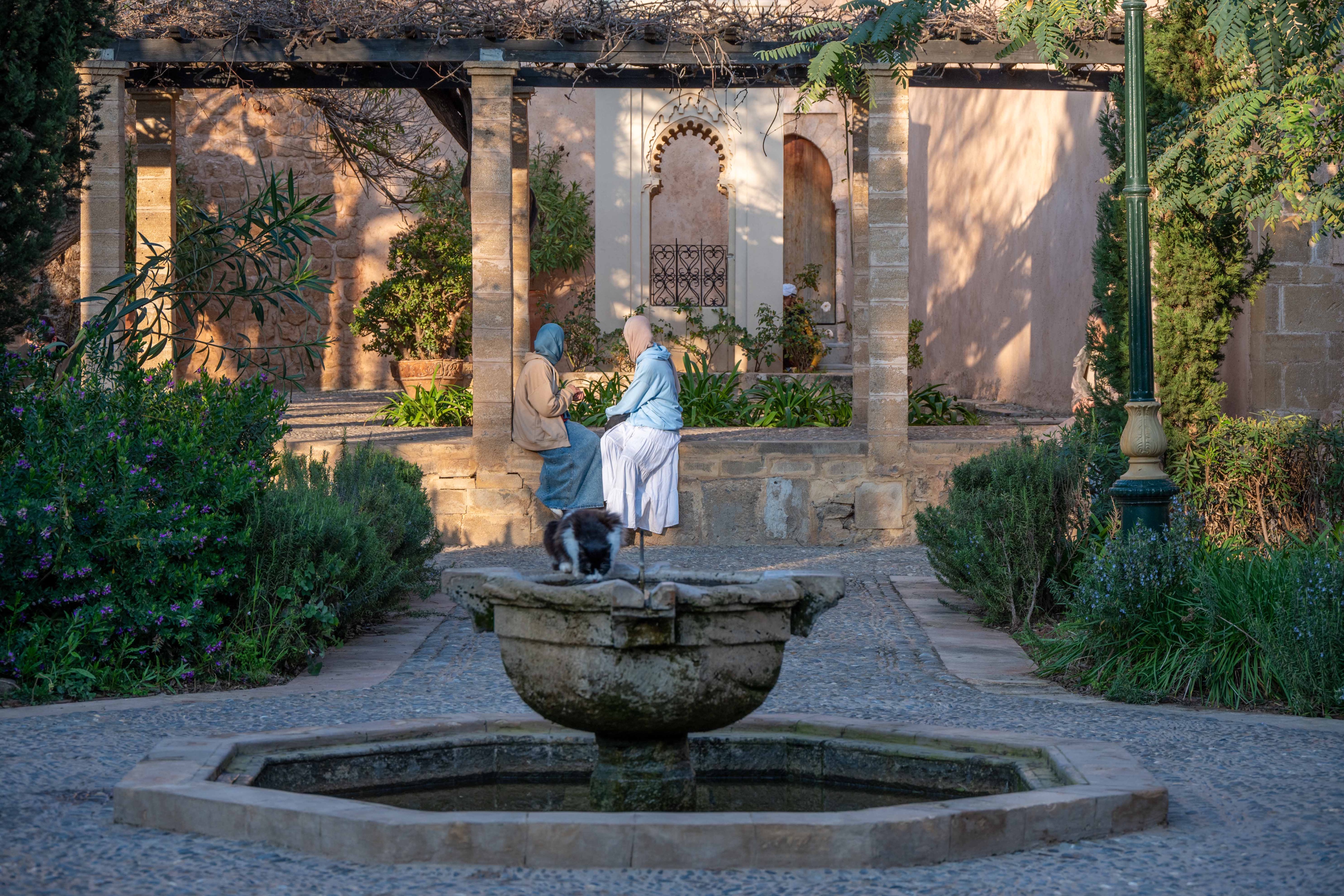
The Andalusian Gardens -
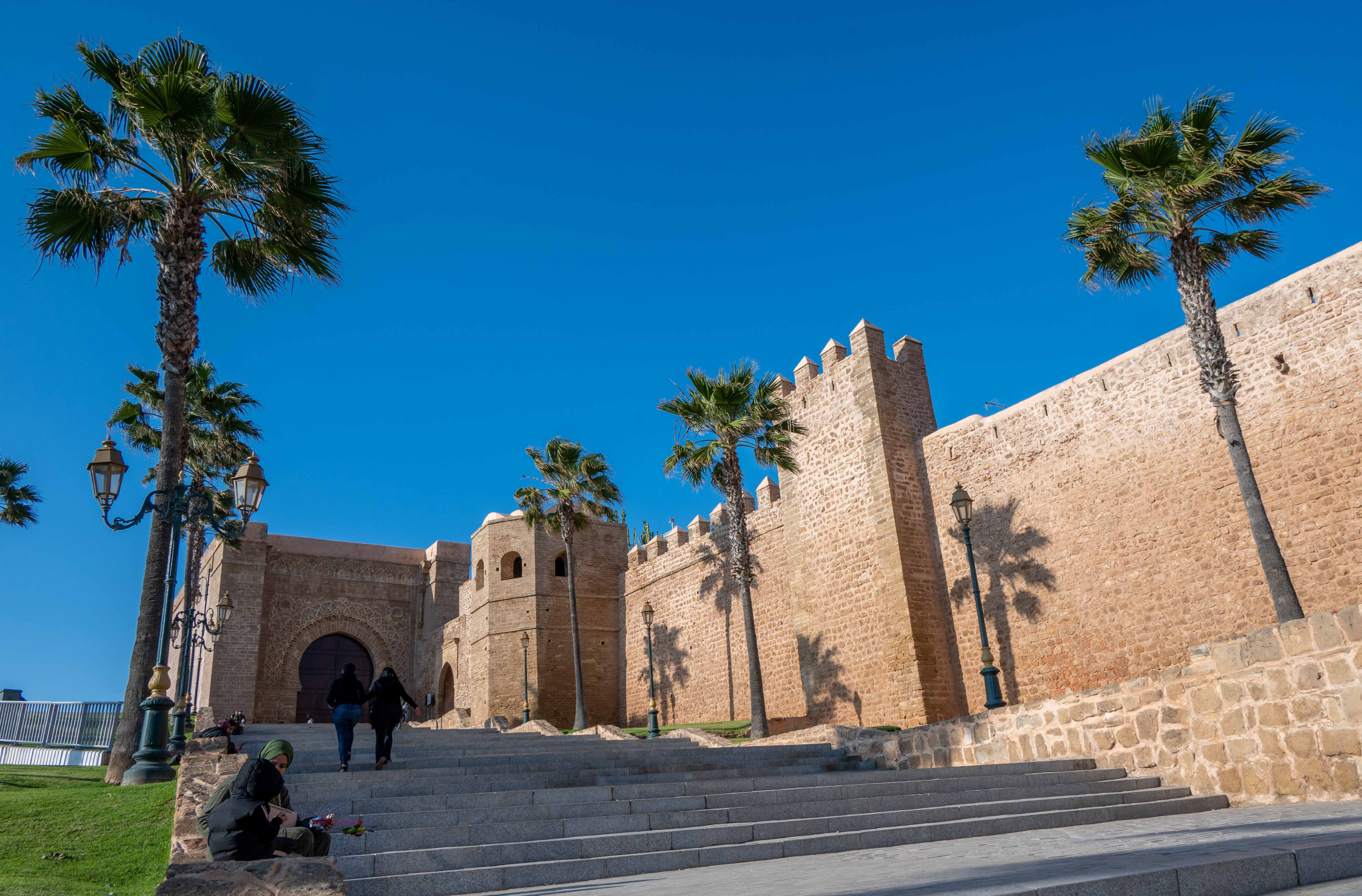
The Kasbah des Oudayas -
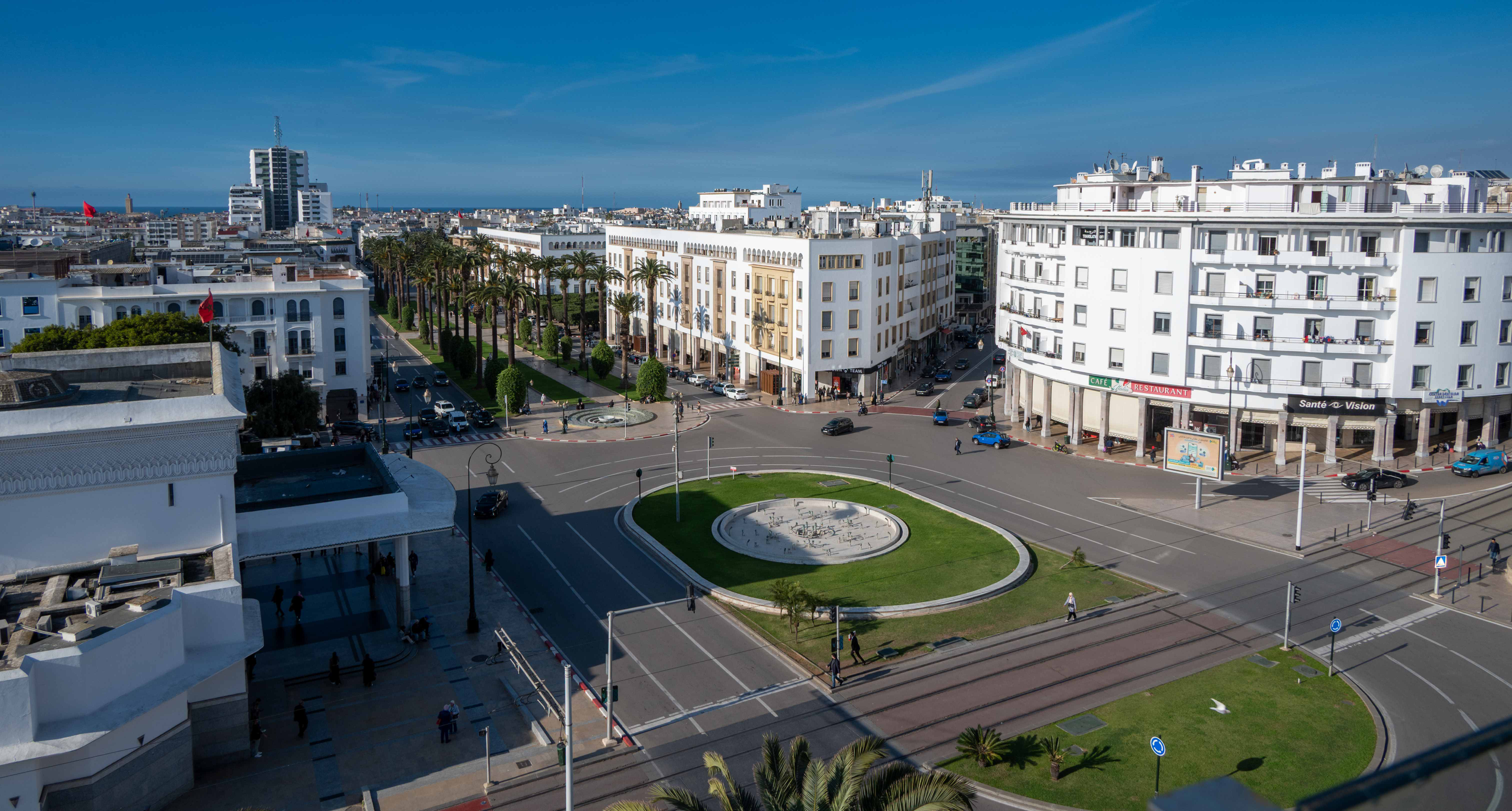
Centre Ville -
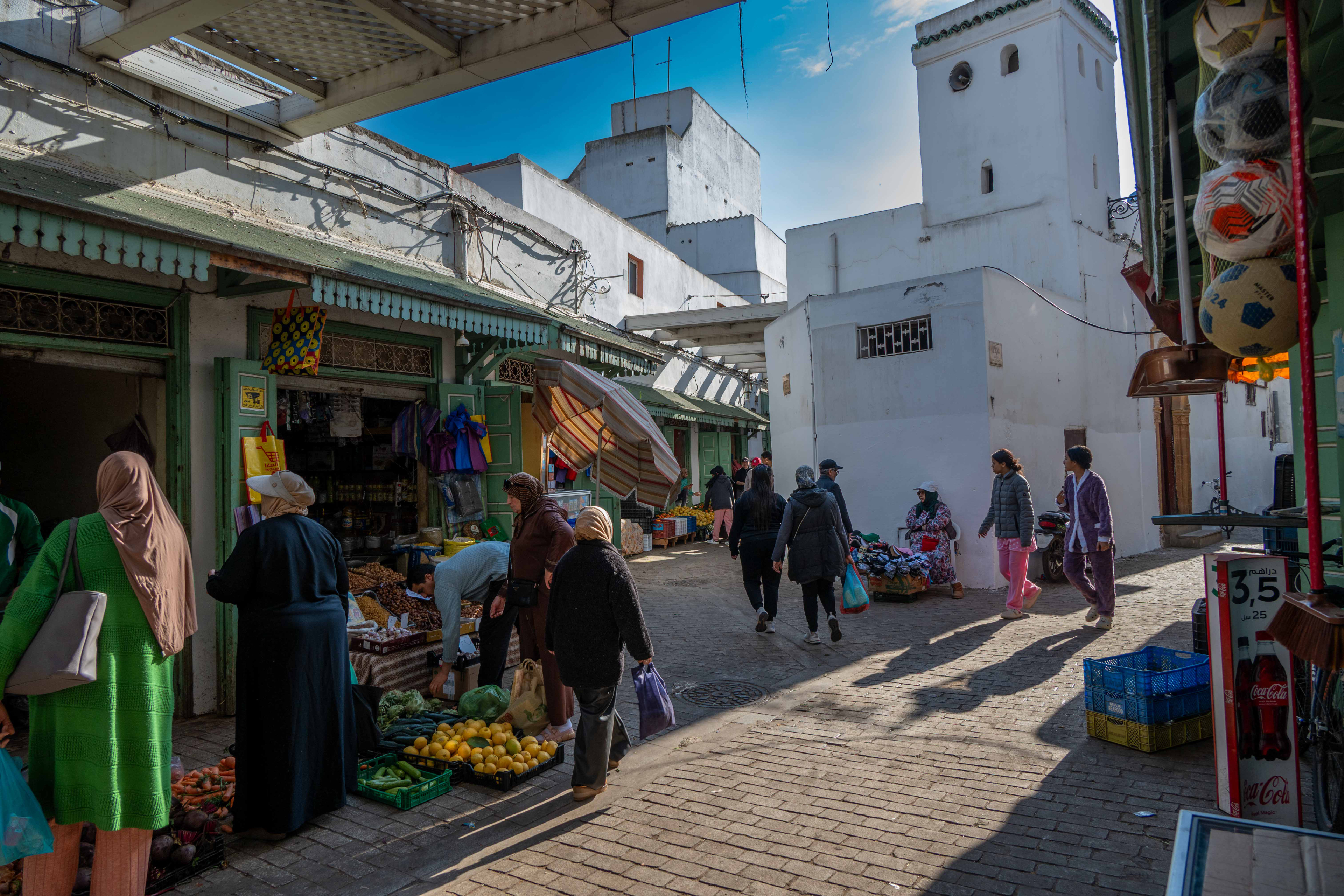
The Souk in the Medina -
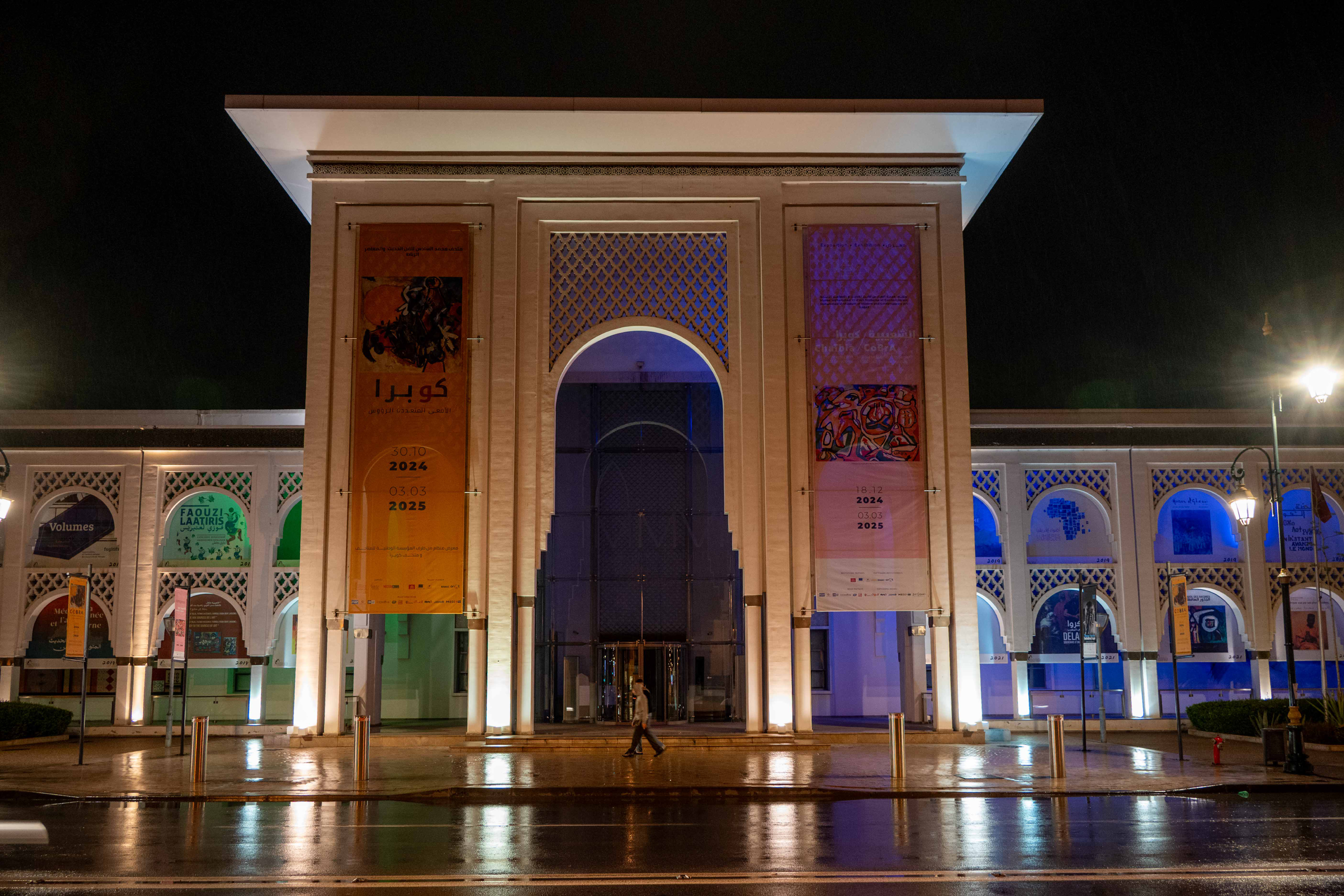
Musée Mohammed VI -
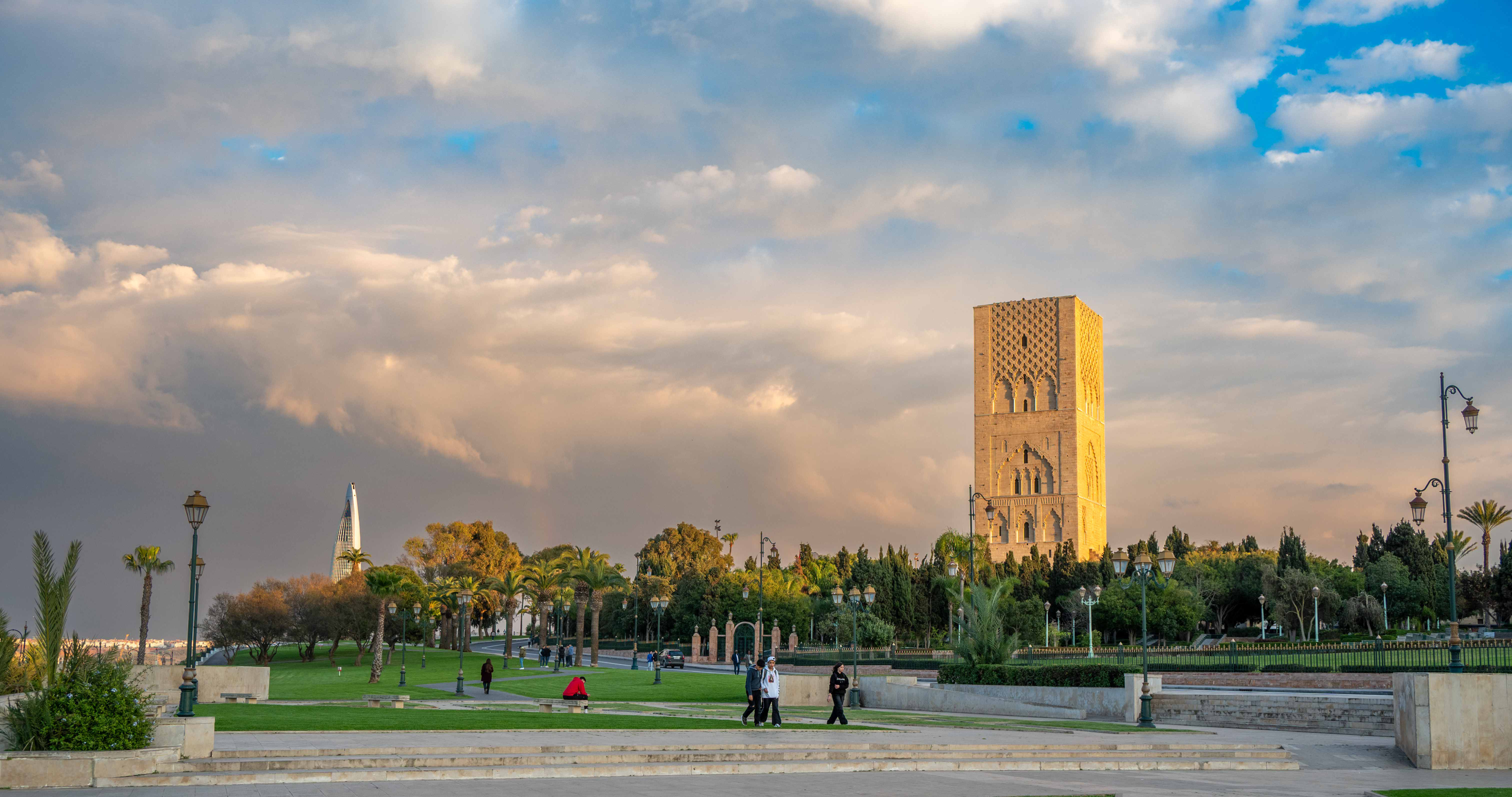
Tour Hassan -
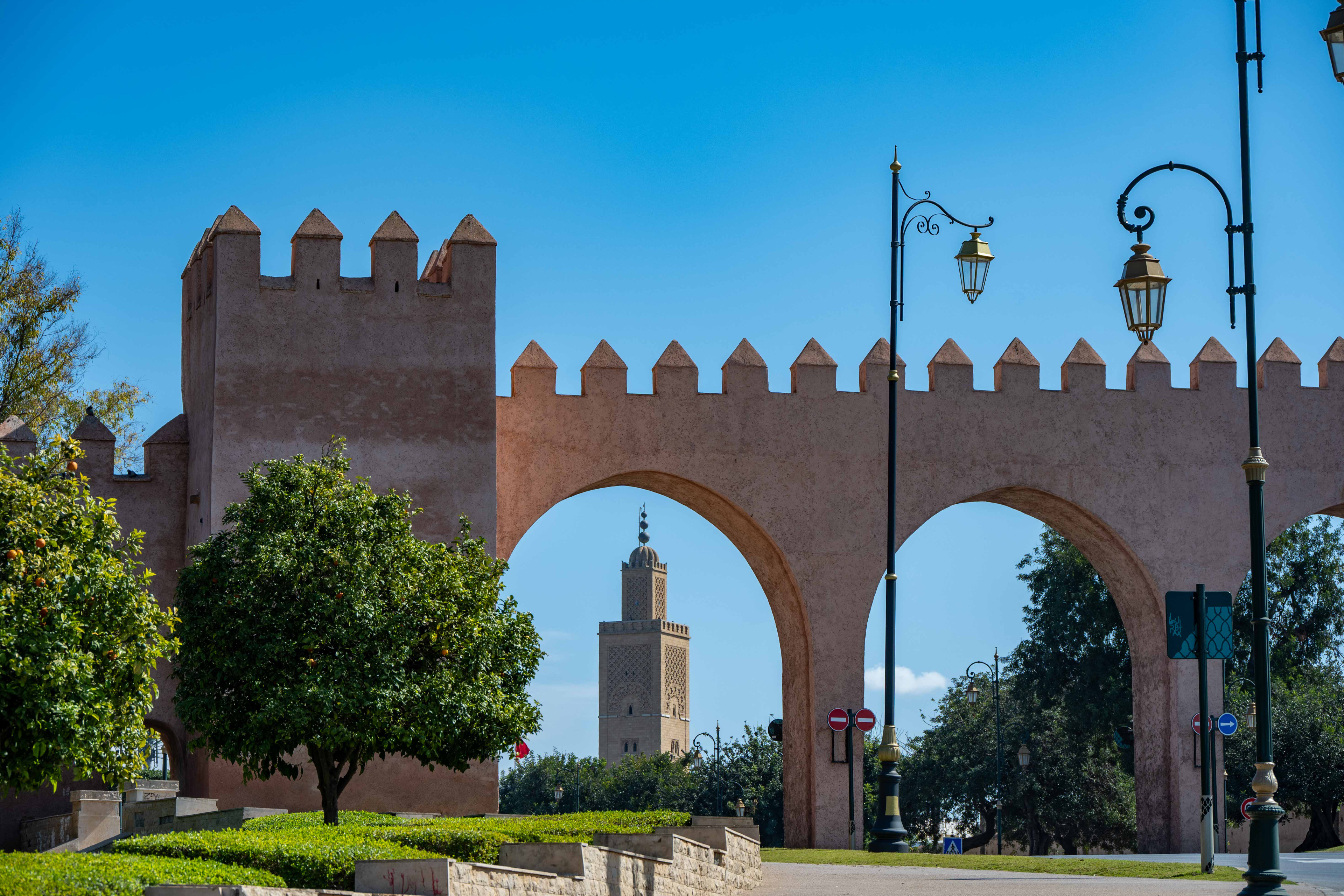
The Assounna Mosque
NIMAR warmly recommends students to stay with a host family in the medina, offering a unique opportunity to experience the culture, daily life and language on a deeper level. This form of housing is arranged by the institute as a standard option. It is also possible to stay with a host family temporarily and then move to an apartment or studio. If students do not wish to stay with a host familiy, they need to search for suitable housing on their own initiative, with which NIMAR can offer support if desired.
The Honours Programme
NIMAR organises an honours track in cooperation with the Humanities Lab (one of Leiden University’s Honours College tracks): Culture as Soft Power in Morocco: The Poetics and Power of Museums and Heritage.
The programme consists of two components: a series of preparatory (partly online) lectures and a week of visits to museums and (cultural) heritage sites in Morocco, in collaboration with local specialists. More information is available on the Humanities Lab page or the page dedicated to this honours programme.

